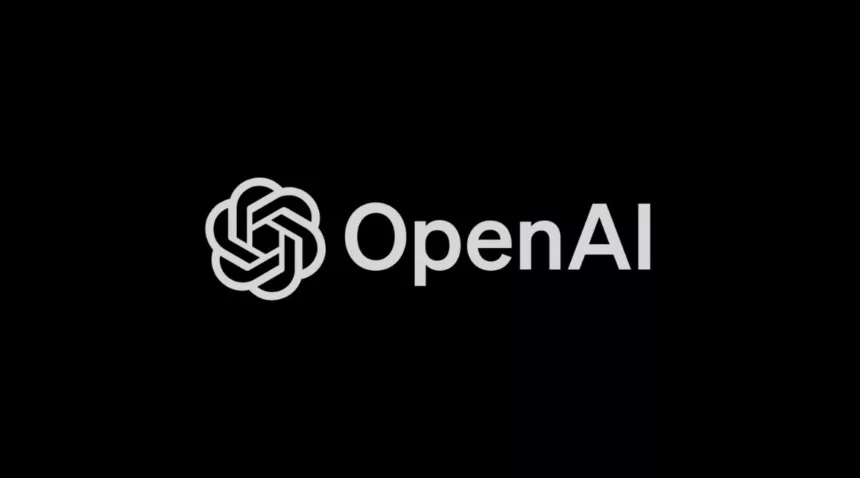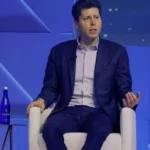Almost all of OpenAI’s workforce, totaling more than 700 out of approximately 770 employees, has declared their intent to resign and join the ranks of Microsoft, the company’s major investor. This bold move stems from their dissatisfaction with the current board, leading to a precarious future for the prominent artificial intelligence startup.
In a letter signed by the majority of employees and addressed to OpenAI’s board, the signatories expressed their inability to collaborate with individuals lacking competence, judgment, and a commitment to the company’s mission and staff. The letter demanded the resignation of every board member and the reinstatement of ousted leader Sam Altman. Failing this, the employees hinted at the possibility of migrating to Microsoft, which, according to the letter, has assured positions for all OpenAI staff.
The upheaval follows a tumultuous weekend during which OpenAI’s board resisted calls from investors and top executives to bring back Altman, fired due to disagreements on the pace of artificial intelligence development and monetization. Negotiations to reintegrate Altman into the company were ongoing, with the board ultimately appointing a new leader, former Twitch CEO Emmett Shear. Meanwhile, Microsoft seized the opportunity to enlist Altman and OpenAI co-founder Greg Brockman for a new in-house AI team.
This internal strife within OpenAI raises critical questions about the responsible development of AI amid the necessity to secure substantial capital for the demanding computing infrastructure. The turmoil may also trigger a talent race among tech companies to attract skilled AI professionals.
Salesforce’s CEO, Marc Benioff, has already extended an offer to employ researchers leaving OpenAI, promising matching compensation for those joining Salesforce. The letter of intent to resign included key figures like Mira Murati, OpenAI’s interim CEO, and Ilya Sutskever, a co-founder and board member.
Sutskever, expressing regret for his role in the board’s actions, vowed to do everything possible to reunite the company. The clash between Altman and board members, especially Sutskever, revolved around the speed of generative AI development, commercialization strategies, and mitigating potential harms to the public.
Altman’s removal also leaves OpenAI facing uncertainties regarding employee share offers, with potential write-downs in the company’s value by investors. The situation jeopardizes a planned second tender in 2024, affecting early stage investors seeking liquidity. Altman’s firing, unexpected to both OpenAI workers and Microsoft, led to unsuccessful attempts by influential stakeholders to reinstate him over the weekend.
In a surprising move, the board appointed Shear, known for advocating a cautious AI approach, as the new interim CEO. Despite his commitment to reform the leadership team and initiate an independent investigation into Altman’s termination, employees issued an ultimatum, signaling ongoing tensions within the company. Altman remains optimistic about the team’s unity and commitment, expressing excitement about their collective future.










